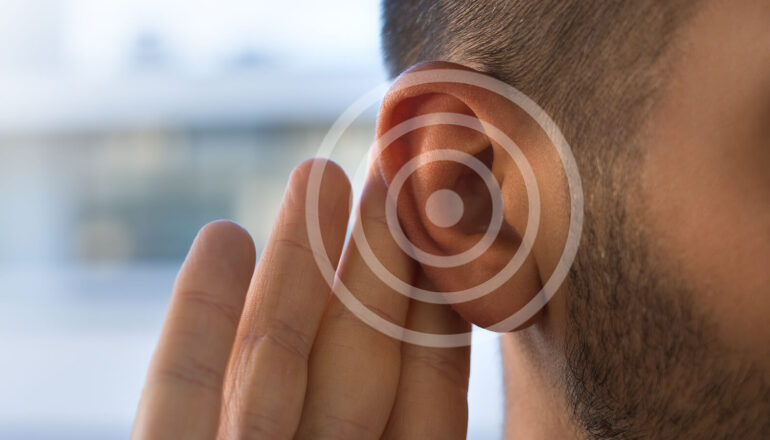The sound of ringing, buzzing, or humming in the ears can be unsettling, especially when it appears without an external source. This condition, known as tinnitus, is surprisingly common and affects millions of individuals worldwide. Some experience it as a brief, fleeting noise, while for others, it lingers, impacting daily life.
What Causes Tinnitus?
Tinnitus often arises as a symptom rather than a standalone condition. Common causes include exposure to loud noises, ear infections, or even a buildup of earwax. Prolonged exposure to loud environments, such as concerts or construction sites, can damage the sensitive hair cells in the inner ear, leading to hearing loss and tinnitus.
Also, certain medications, like some antibiotics or high doses of aspirin, can contribute to its onset. Stress, poor circulation, and underlying health conditions such as high blood pressure or diabetes may also play a role. Recognizing the source of the issue is an important step in managing or reducing its effects.
Understanding Temporary Tinnitus
Temporary tinnitus typically follows exposure to loud noise. After a night at a music festival or a noisy event, ringing in the ears may occur. This kind of tinnitus often resolves on its own within a few hours or days as the auditory system recovers.
However, repeated exposure to loud environments can lead to more permanent damage, even if the ringing fades initially. Protecting the ears during such activities is important. Over-the-ear headphones, earplugs, or limiting exposure to high-decibel settings can reduce the risk of lasting issues.
Chronic Tinnitus and Its Challenges
Unlike temporary tinnitus, chronic tinnitus persists for weeks, months, or even years. It may result from sustained damage to the auditory system or underlying medical conditions. Chronic cases are more complex and often require medical evaluation to determine the root cause.
Chronic tinnitus can impact concentration, sleep, and overall quality of life. Many individuals describe the sound as constant or recurring, creating challenges in daily activities. This form of tinnitus may not completely go away, but various treatments and coping strategies can help manage its effects.
The Role of a Hearing Health Exam
A hearing health exam is important for anyone dealing with persistent tinnitus. Hearing health professionals can evaluate hearing loss, assess the severity of tinnitus, and identify potential triggers. Advanced diagnostic tools may reveal damage in the auditory system or highlight other health conditions that contribute to tinnitus.
Preventing Tinnitus from Progressing
Protecting hearing health is a lifelong commitment. Avoiding loud environments, using hearing protection, and scheduling regular hearing health exams can help manage tinnitus. Contact us today to schedule an appointment!



